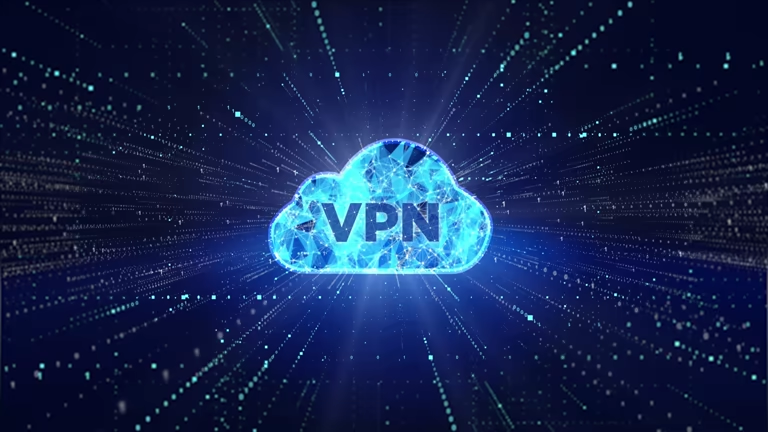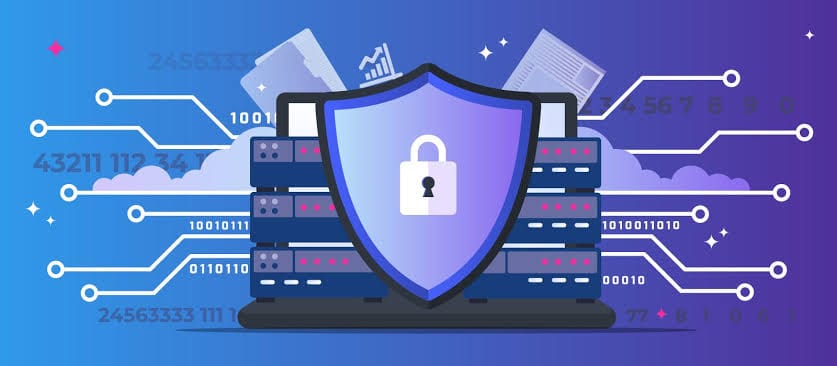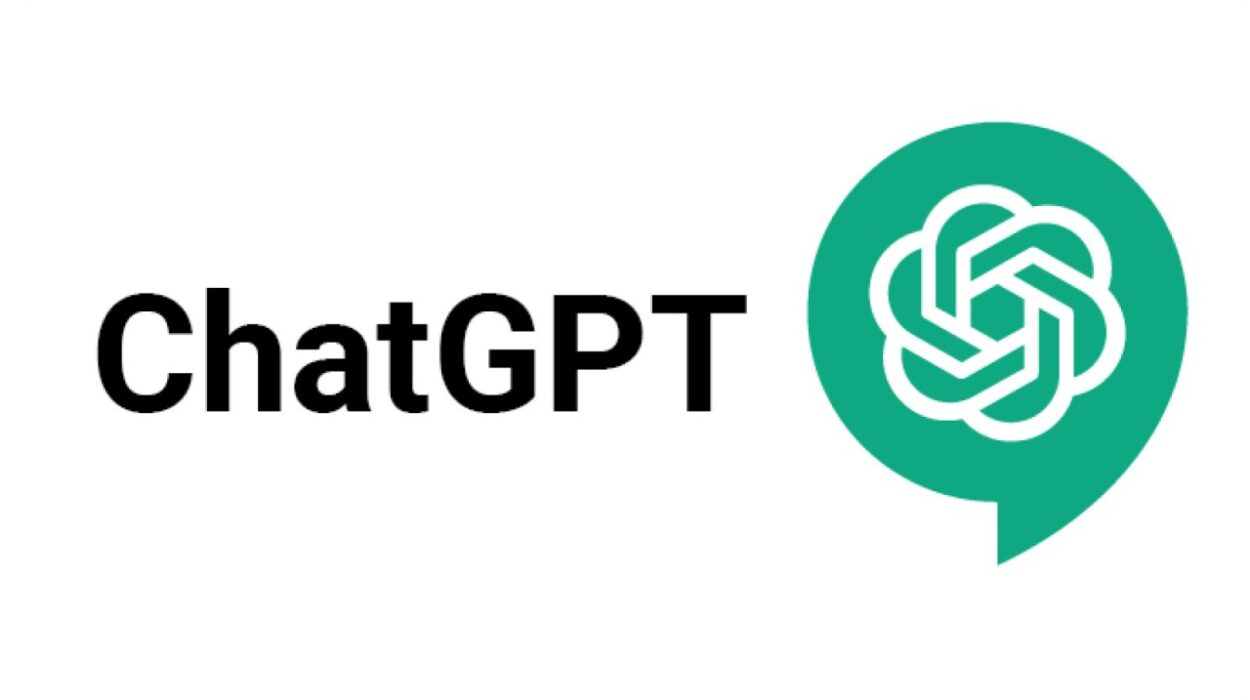The 21st century is a paradox: we’ve never been more connected, yet never more vulnerable. Every keystroke, every click, every second you linger on a page is quietly recorded, analyzed, and sometimes sold. Governments track. Hackers lurk. Corporations profile. The internet, that vast frontier of freedom and information, has become a marketplace of human behavior — and you are the product.
Some accept this reality with a shrug, trading privacy for convenience. But for those who believe that freedom includes the right to exist online without constant surveillance, the answer is clear: you need to cloak your digital presence. You need a Virtual Private Network — not just any VPN, but one that delivers ultimate privacy, security, and reliability.
What a VPN Really Does
At its core, a VPN acts as an encrypted tunnel between your device and the internet. Instead of sending your traffic directly to websites or services, a VPN routes it through a secure server in another location. This process hides your real IP address and encrypts all the data leaving your device, making it nearly impossible for outsiders to monitor or intercept.
Think of it like whispering in a crowded room — without a VPN, anyone nearby can hear you. With a VPN, you step into a soundproof booth.
But not all VPNs are created equal. Some are like sturdy bank vaults; others are more like a locked diary with a paperclip. Choosing the right one means balancing speed, privacy policies, jurisdiction, technology, and trustworthiness.
The Anatomy of a Great VPN
Before we explore the champions of privacy, it’s worth understanding what separates the truly great VPNs from the pretenders.
- No-logs policy: A trustworthy VPN doesn’t store records of your online activity. Without logs, there’s nothing to hand over if a government or hacker comes knocking.
- Strong encryption: Military-grade AES-256 encryption is standard among the best, ensuring your data remains undecipherable to anyone without the keys.
- Modern protocols: OpenVPN, WireGuard, and IKEv2/IPsec are the gold standards, balancing speed with security.
- Wide server network: More servers in more locations mean better speed, fewer bottlenecks, and more ways to bypass geographic restrictions.
- Independently audited: Third-party audits verify that the VPN actually lives up to its privacy promises.
- Kill switch: If your VPN connection drops, a kill switch cuts off your internet to prevent accidental leaks.
With these criteria in mind, let’s step into the world of VPNs that have risen above the crowd.
ExpressVPN: The Gold Standard of VPNs
If VPNs were luxury cars, ExpressVPN would be the finely tuned sports model — sleek, powerful, and engineered to perfection. Founded in 2009 and headquartered in the British Virgin Islands (a jurisdiction with no mandatory data retention laws), ExpressVPN has built a reputation on both performance and privacy.
Its TrustedServer technology ensures all data is processed in RAM, meaning nothing is ever written to a physical hard drive — and everything is wiped clean with every reboot. Independent audits by PwC and Cure53 have validated its privacy claims, making it one of the most transparent VPNs in the industry.
Speed is another strength. Whether you’re streaming 4K video, engaging in competitive online gaming, or transferring large files, ExpressVPN’s global network of 3,000+ servers delivers consistently low latency.
From a usability perspective, its apps are clean, intuitive, and available on everything from smartphones to smart TVs. And for the privacy purist? It supports OpenVPN, Lightway (its in-house high-speed protocol), and WireGuard compatibility via manual configuration.
For those who refuse to compromise between speed and security, ExpressVPN is an easy choice.
NordVPN: The Fortress of the North
If ExpressVPN is the sports car, NordVPN is the armored vehicle — built for maximum protection in hostile digital terrain. Based in privacy-friendly Panama, NordVPN has become synonymous with robust security measures.
It offers Double VPN connections, routing your data through two encrypted servers for an extra layer of anonymity. Its Onion over VPN feature integrates with the Tor network, giving you the benefits of both technologies without the hassle of manual setup.
NordVPN is no slouch on performance either. With over 6,000 servers in 60+ countries and the blazing-fast NordLynx protocol (based on WireGuard), it keeps streaming and browsing smooth even under heavy load.
Most importantly, NordVPN has undergone multiple independent audits to verify its no-logs policy, and it operates entirely on RAM-based servers. Combined with its built-in ad and malware blocker (CyberSec), it’s a fortress against online threats.
Surfshark: The Disruptor
Surfshark is the younger player that came to the table with a bold proposition: premium-grade security at a price that undercuts most of its competitors. Headquartered in the Netherlands, Surfshark quickly earned credibility by implementing a strict no-logs policy, RAM-only servers, and regular third-party audits.
Its standout feature is unlimited simultaneous connections — one subscription can cover every device you own (and your family’s, too). Its Camouflage Mode hides VPN usage from even your ISP, and MultiHop routes your traffic through multiple countries for enhanced privacy.
Performance-wise, Surfshark holds its own against the giants. WireGuard integration keeps speeds high, while a global network of 3,200+ servers ensures stable connections. And for those who love extras, its CleanWeb feature blocks ads, trackers, and malicious links before they ever reach your browser.
Proton VPN: Born from a Privacy Revolution
Some VPNs were built for convenience; Proton VPN was built from ideology. Created by the team behind ProtonMail — the world’s most famous encrypted email service — Proton VPN is rooted in Switzerland’s strong privacy laws.
It has one of the most transparent no-logs policies in the industry and regularly open-sources its software for public scrutiny. Proton VPN also operates under a philosophy of internet freedom, offering free VPN access with no data caps (though with limited speed and servers).
Security is its soul. Secure Core routes your traffic through hardened servers in countries with strong privacy protections before it even touches the wider internet. Perfect Forward Secrecy ensures that even if one encryption key were somehow compromised, past session data would remain safe.
Proton VPN might not always be the fastest option, but for those whose top priority is privacy and trust, it’s hard to beat.
CyberGhost: Privacy with Personality
Where some VPNs take themselves as seriously as a spy thriller, CyberGhost adds a touch of personality without skimping on security. Based in Romania, it boasts a massive network of over 9,000 servers in 90+ countries, making it a favorite for streaming enthusiasts.
CyberGhost is transparent about its operations, publishing regular transparency reports detailing how it handles legal requests (or, more accurately, how it has nothing to hand over). It offers specialized servers for streaming and torrenting, ensuring users always get the right balance of speed and protection for the task at hand.
While its interface is friendly and approachable, under the hood you’ll find AES-256 encryption, WireGuard and OpenVPN protocols, and a kill switch that reacts instantly to connection drops.
Why “Free” VPNs Can Cost You Everything
It’s tempting to look for a free VPN. After all, why pay for something you can get at no cost? The problem is that running a VPN service isn’t free — servers, maintenance, bandwidth, and staff all cost money. If you’re not paying with cash, you may be paying with something far more valuable: your data.
Many free VPNs log your browsing habits, inject ads, or even sell your information to third parties. Some are outright malicious, embedding malware into your device. The hard truth is that in the privacy world, “free” often comes with hidden strings.
A paid VPN from a reputable provider is an investment not just in your digital safety, but in your peace of mind.
How to Choose the Right VPN for You
Selecting the best VPN isn’t just about reading a few reviews and clicking “subscribe.” You need to consider your specific needs:
- If streaming is your priority, choose a VPN known for bypassing geo-blocks.
- If anonymity is your goal, favor providers with strong jurisdictional privacy protections and advanced security features.
- If you travel often, look for one with a wide global server spread for reliable connections anywhere.
The best VPN is the one that matches your lifestyle, your values, and your tolerance for risk.
The Future of VPNs
As surveillance technology grows more sophisticated, VPNs are evolving to meet new challenges. Emerging trends include decentralized VPN networks, integration with blockchain technology, and even AI-powered threat detection. In the future, VPNs may become as commonplace — and as essential — as antivirus software is today.
But no matter how the technology changes, the principle will remain the same: control over your privacy should be in your hands, not in the hands of corporations or governments.
Final Thoughts
In an era where data is more valuable than gold, protecting your online presence is not paranoia — it’s survival. A great VPN doesn’t just hide your IP; it shields your identity, your activities, and your future from the prying eyes of an increasingly intrusive digital world.
Whether you choose the polished precision of ExpressVPN, the ironclad defenses of NordVPN, the daring affordability of Surfshark, the principled security of Proton VPN, or the global reach of CyberGhost, the important thing is that you take action.
Because the truth is simple: privacy isn’t something you wait to protect until it’s gone. By then, it’s too late.






